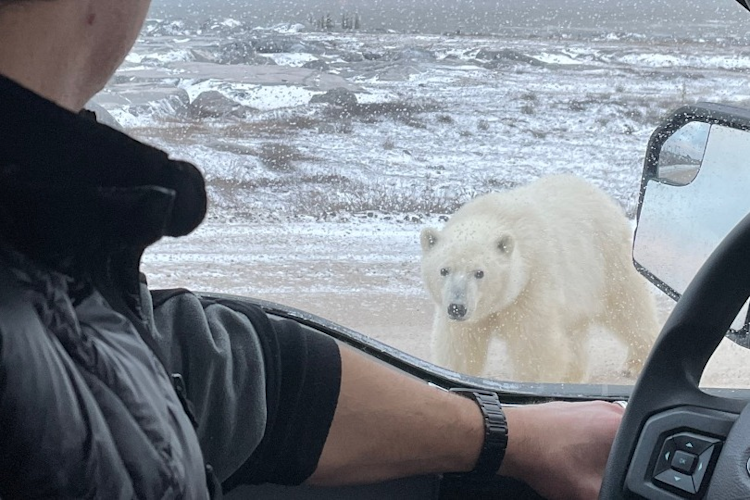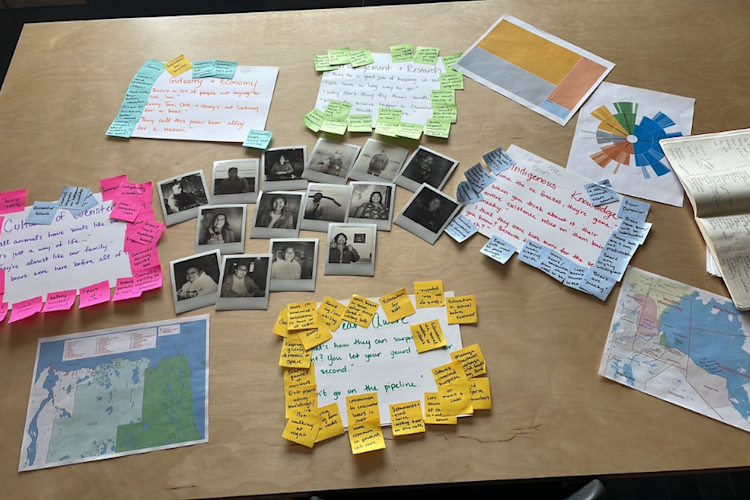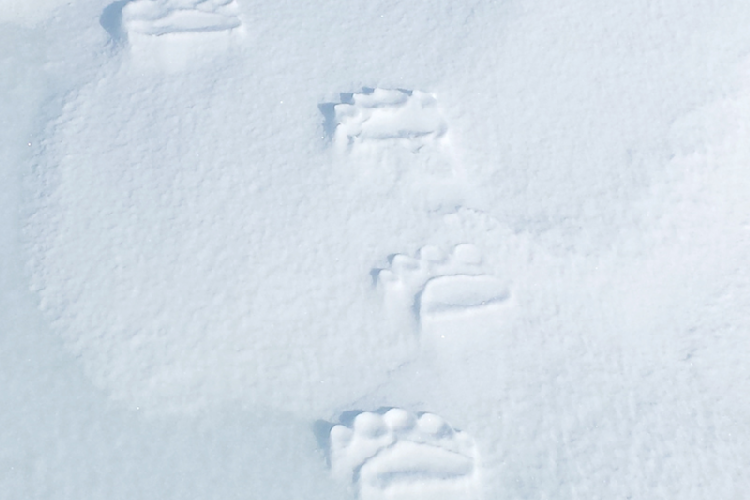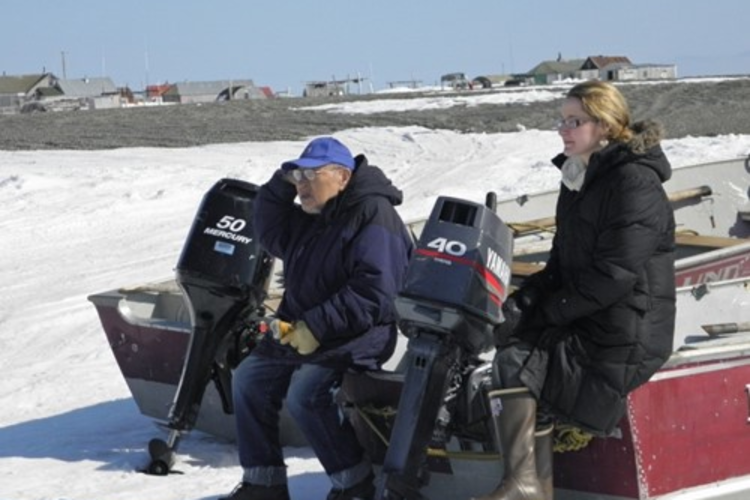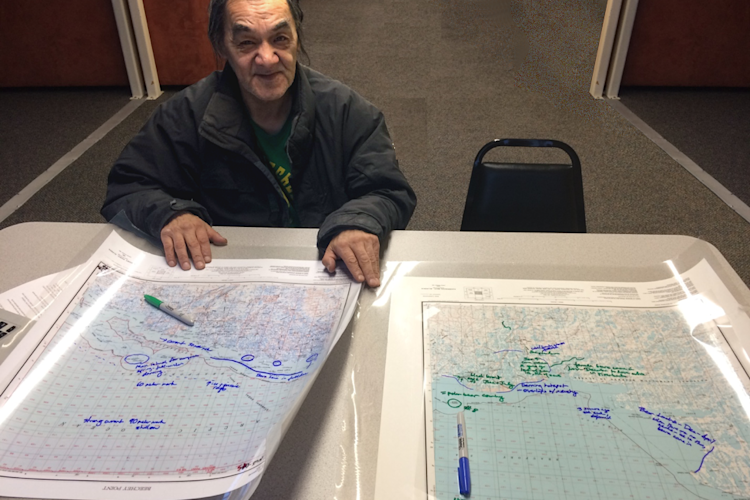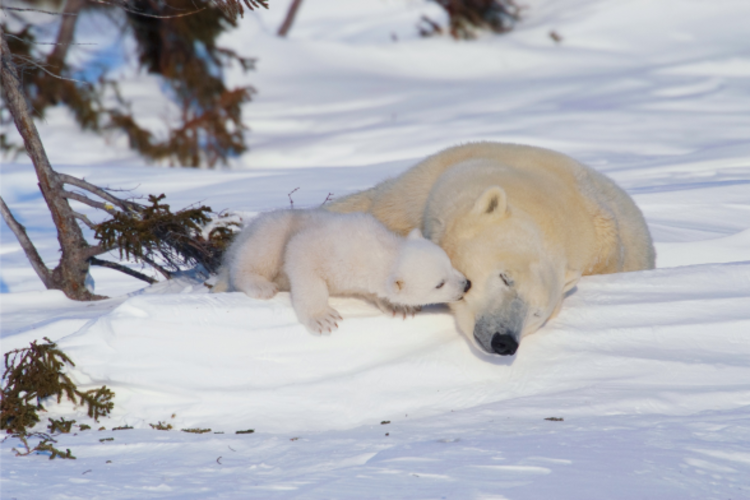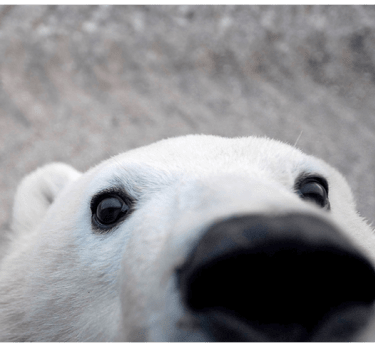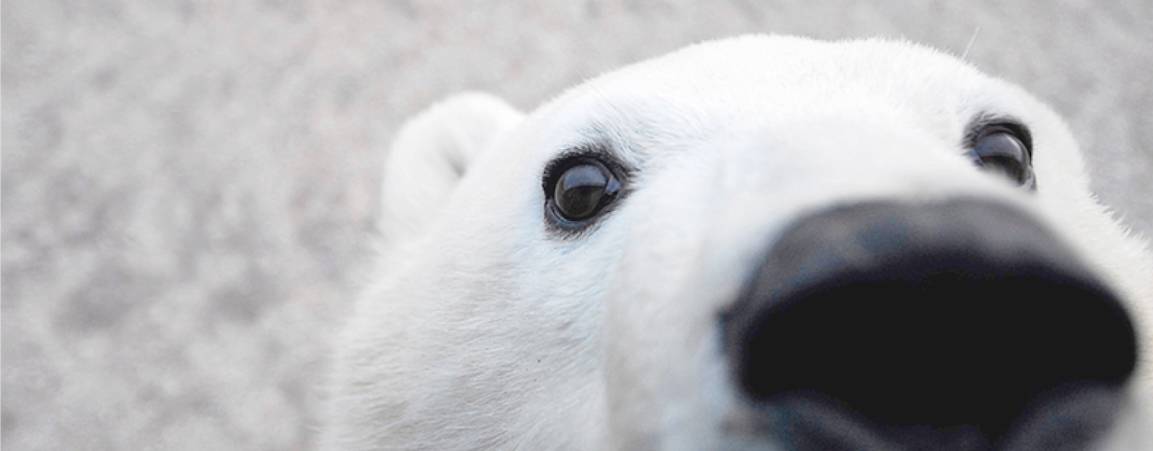Photo: Simon Gee / Polar Bears International
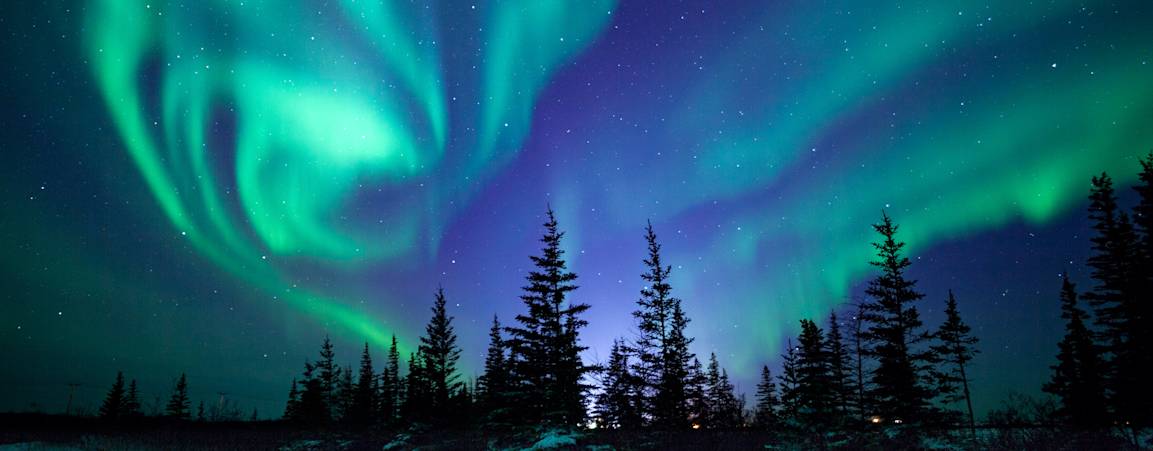
Indigenous Knowledge
By collaborating with Indigenous peoples, we can develop a deeper understanding of polar bears, including how to coexist and changes observed over time.
Polar Bears International values the deep knowledge held by Indigenous peoples who have coexisted with polar bears for thousands of years. In addition to insights passed down from generation to generation, Indigenous Knowledge (IK) also encompasses current and more recent observations, including those related to polar bears in a warming Arctic. These insights can deepen our understanding of the bears, and help guide management decisions.
Other terms for this knowledge include Traditional Knowledge (TK), Traditional Ecological Knowledge (TEK), Local Ecological Knowledge (LEK), and, specific to parts of the Canadian Arctic, Inuit Qaujimajatuqangit (IQ). Many Indigenous cultures also have their own words for their knowledge in their own language.


“Often, indicators of change are evident to those most familiar with the resource long before they are documented in the annals of scientific literature. We need to pay attention and allow such knowledge to challenge our narratives and assumptions about polar bears through dialogue.”
– Dr. Hannah Voorhees
Photo: BJ Kirschhoffer / Polar Bears International
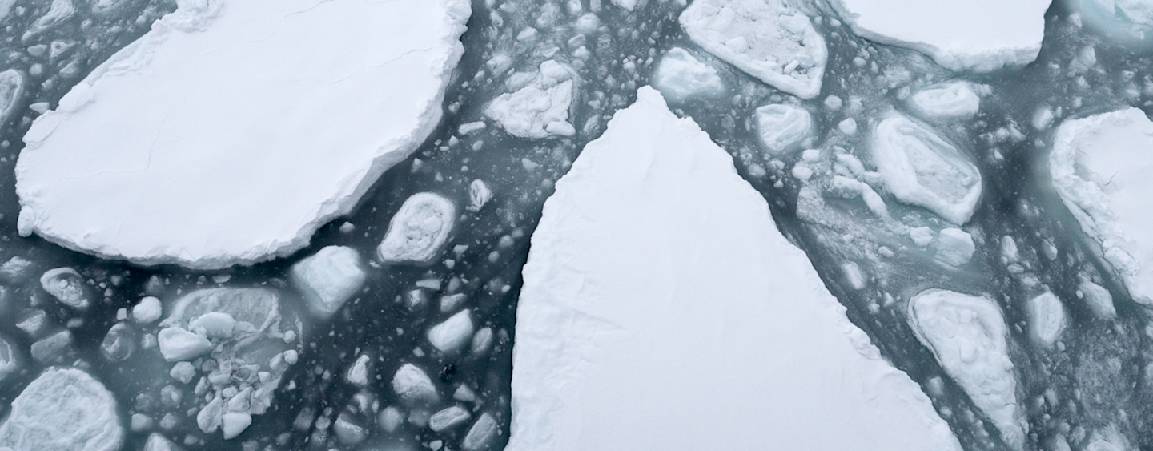
Our Projects
Churchill, Canada
Indigenous Knowledge Study of Human-Polar Bear Coexistence in Churchill, Manitoba
This study explored how Indigenous people in Churchill, Manitoba, have coexisted with polar bears in the past and present, and what their vision is for coexistence in the future. It used community-based participatory research (CBPR) as a methodology to ensure the community was involved in shaping the research from the beginning. The project was co-produced by an Elder to ensure an Indigenous worldview was embedded throughout. The Indigenous Knowledge Keepers of Churchill also provided guidance and advice in shaping the project and validating the results. The research relied on storytelling, as opposed to interviews, a data collection approach that is more embedded in an Indigenous worldview and more approachable for a non-academic audience. The results included an arts-based presentation of results in Churchill in the fall of 2023, specifically created to resonate in a less academic and Western manner for the participants and community, followed by an academic paper.
The study was conducted by long-time Polar Bears International staff member Kt Miller, now a PhD candidate at Carleton University, as part of her master’s degree with Royal Roads University, with guidance and support from Dr. Michal Lickers of Royal Roads University and Dr. Dominique Henri of Environment and Climate Change Canada.
Southern Beaufort Sea
Contemporary Iñupiaq Knowledge of Polar Bears in the Southern Beaufort Sea
The Southern Beaufort Sea polar bear population, which ranges across the North Slope of Alaska and northwestern Canada, has experienced some of the most significant declines in summer sea ice of any populations in the circumpolar Arctic. While scientific studies of polar bears in this region are limited to a short catch-and-release field season each year, the people who live in this region interact with and observe polar bears year-round.
To integrate Iñupiaq and conventional scientific knowledge about changes to polar bears and their habitat , this Traditional Ecological Knowledge Study was conducted in northern Alaska with Iñupiaq subsistence communities, for whom polar bears have long been a cultural keystone species. The project involved a map-based, story-telling approach with polar bear hunters and cultural experts in each participating village, covering topics such as polar bear habitat and habitat use, local abundance, body condition, feeding, denning, and human-bear interactions.
After putting together an initial report, researchers took the results back to the communities to make sure they represented their words and knowledge correctly. They then published their results, giving TEK a stronger voice in important decisions that will affect the future of polar bears as well as the Alaska Native people for whom they are so important.
The study was organized by Polar Bears International and led by Dr. Hannah Voorhees. Partners and project advisors included the North Slope Borough of Wildlife Management, the U.S. Geological Survey, the U.S. Fish and Wildlife Service, the Canadian Northwest Territories Wildlife Management Advisory Council, and Huntington Consulting. Funding was provided by the North Pacific Research Board and the National Fish and Wildlife Foundation.
